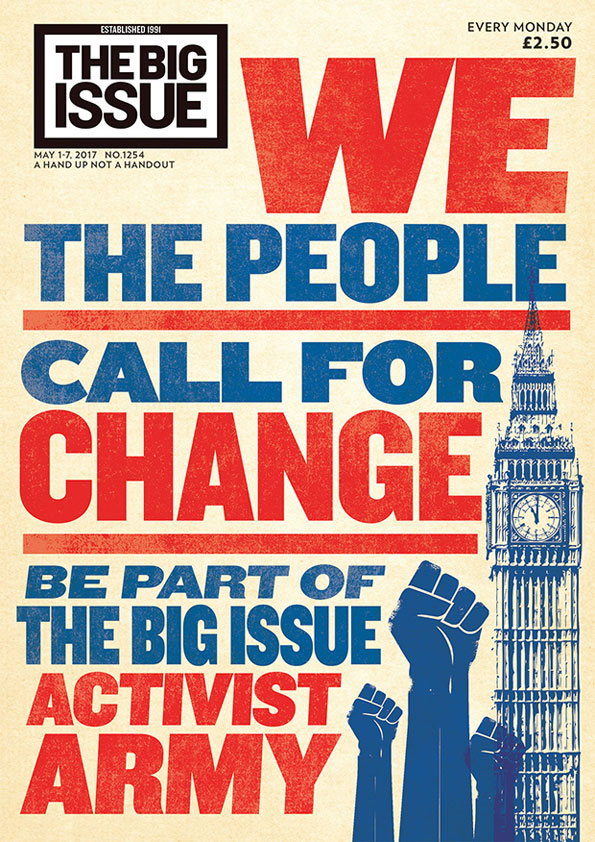This period of incredible political flux shows no sign of settling. June’s snap General Election announcement caught everybody on the hop. It won’t be until mid-May that the political parties publish their manifestos. In the meantime, they talk of extra holidays, copy each other’s plans for energy bill caps and argue about NOT doing live TV debates.
There is a fear that voter fatigue and poll apathy will keep people from engaging. It’s understandable. While we live in a time of change with so many elections and referendums – out of Westminster and from devolved seats of power – it’s hard to see the effect of good governance. Everything is about getting there, rather than the things that need to happen when they arrive.
THIS is the time to really make a difference
However, to not engage is a mistake. THIS is the time to really make a difference. While Brexit remains the flag under which this election sails, there are many problems that need addressed – including around poverty, health, social care, education, literacy, housing and pay equality.

Focus, inevitably, will sharpen on how much the main parties will spend on these issues. But at The Big Issue we have been advocating a new approach. We believe that rather than funnel ever-decreasing resources at the problems once they’ve grown, we should learn ways to nip these problems in the bud and prevent them from happening in the first place. The prevention strategy is at the heart of The Big Issue thinking, and we’re calling on the political parties who are clamouring for YOUR vote to put it at the heart of theirs.
Invest now for a better future. This is not an empty soundbite. It’s a way ahead. Money spent now to help the poorest have opportunity saves welfare costs in subsequent years and allows there to be a route to success for those who were previously locked in.
This week we print our simple manifesto for the election, a Manifesto for Prevention, one that if implemented could make Britain better and make life chances for those at the bottom suddenly open up. The cycle of poverty could be properly broken, rather than maintained.










